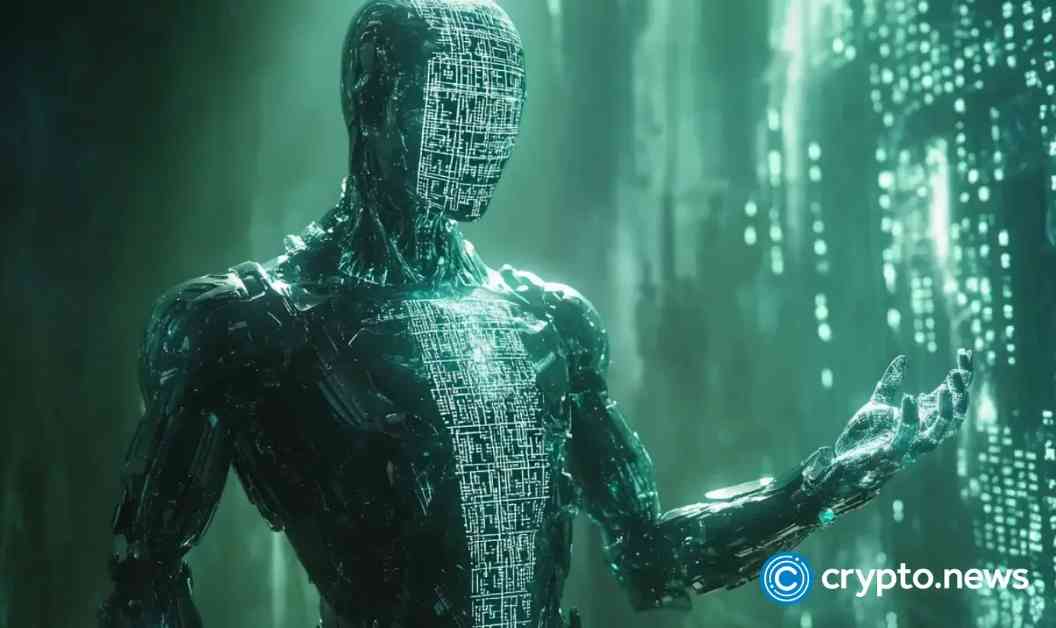In the iconic opening scene of Blade Runner, a character named Holden uses a fictional Turing test to determine if Leon is a replicant, or a humanoid robot. This test involves telling Leon a story to elicit an emotional response. As the story progresses, Leon becomes increasingly agitated, revealing his non-human nature.
While we may not be in the world of Blade Runner just yet, the integration of AI and machine learning into our daily lives raises concerns about the authenticity of the AI models we rely on. This is where zero-knowledge proofs come into play. These proofs allow one party to prove to another that a specific computation was carried out correctly without revealing the actual data, ensuring privacy and security.
Zero-knowledge proofs are particularly valuable when it comes to off-chain computational tasks that need to be verified without overwhelming blockchains. By leveraging ZK proofs, these tasks can be validated without putting excessive strain on the network. This is crucial for scaling AI and machine learning securely and efficiently.
Machine learning, a subset of AI, demands significant computational power to simulate human decision-making processes. From image recognition to predictive analytics, ML models are revolutionizing various industries. However, verifying the authenticity of these models on blockchains can be costly and complex.
To address these challenges, zero-knowledge machine learning (ZKML) comes into play. By using ZK proofs, ML computations can be carried out off-chain while still being verified on-chain, paving the way for secure deployment of AI models in blockchain applications. This ensures that AI models are trustworthy and have not been tampered with.
One of the exciting applications of ZKML is in decentralized finance (DeFi). Imagine an AI algorithm managing a liquidity pool, optimizing asset rebalancing, and refining trading strategies. ZKML can ensure the legitimacy of the ML model and protect users’ trading data, creating secure AI-driven DeFi protocols.
As AI becomes more prevalent in our lives, concerns about tampering and adversarial attacks grow. It is crucial to ensure that AI models are resistant to manipulation and attacks that could compromise their outputs. Integrating ZK cryptography into AI can enhance trust and accountability in these models, ensuring their verifiability and integrity.
In a world where AI models are ubiquitous, establishing trust and authenticity in these models is essential. By incorporating ZK cryptography, we can verify the integrity of AI models without compromising their functionality. This approach ensures that the AI guiding our digital lives is reliable and trustworthy.
Just as the Voight-Kampff test in Blade Runner aimed to distinguish replicants from humans, ZK cryptography can serve as a method to verify the authenticity of AI models in our increasingly AI-driven world. This technology provides a scalable and robust way to ensure that the AI models we interact with are genuine and secure.

